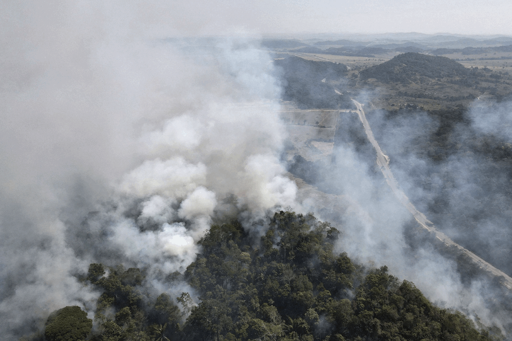A recent study published by Imazon, the Amazon Institute of People and the Environment, demonstrates how difficult it is to punish land grabbing in the Brazilian rainforest. The researchers analyzed 78 criminal lawsuits related to land-grabbing cases, most of them in Pará state, followed by Amazonas and Tocantins. Most of the legal actions started between 2010 and 2015 and involved illegal appropriation of public and private settlements. Imazon examined 526 court decisions, 134 of which involved accusations of land grabbing. Of the latter cases, only two, or less than 2%, resulted in a conviction. In 33% of cases, the statute of limitations had run out; in 28%, the defendants were acquitted; and in 15%, the cases were dismissed. “As it stands today, this is a behavior that either goes unpunished or is worth it, because in the end you will convert the penalty into a food basket,” said Imazon researcher Brenda Brito. The invasion of public areas for land speculation is a major driver of deforestation in the Amazon. Mongabay has previously reported on how land grabbers often follow a familiar playbook: producing fake contracts and fraudulent purchase and sales agreements to create the appearance of legal ownership. In the cases in which defendants were cleared of land grabbing, they said they didn’t know it was public land and presented such contracts as proof of having acted in good faith. “Even though this type of contract is not valid in the case of public land, it ended up being used to absolve the…This article was originally published on Mongabay
From Conservation news via this RSS feed


